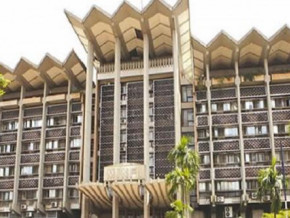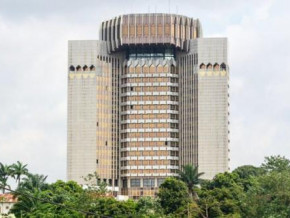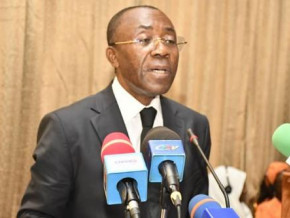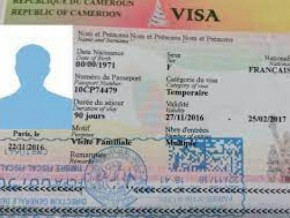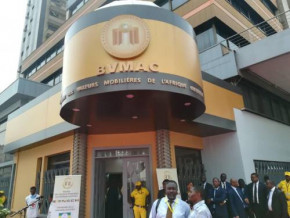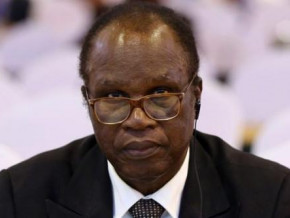
Cameroon plans measures to regulate economic activities and support economic operators
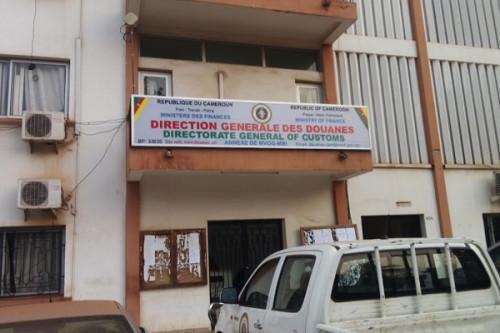
(Business in Cameroon) - In the 2021-2023 budget orientation document, Cameroon raises the possibility of reducing its reliance on customs revenues. Indeed, from CFAF401.3 billion in 2007, these revenues doubled to CFAF840 billion in 2019, accounting for almost 20% of the state budget.
The government estimates that the current contribution of customs revenues to the state budget is high compared to the level in other countries, the so-called developed ones particularly.
"Indeed, the contribution of customs revenues varies between 8 to 10% in European Union countries which mainly tax tobacco and alcohol, while it represents only about 2% in other countries such as the United States and Mauritius. Our customs policy is still dominated by the taxation, which makes the customs administration a major source of budget revenues," notes the Directorate General of Customs (DGD).
It explains that this dependence on customs revenues for the functioning of the State and the development of the country may have negative consequences like limiting the level of investment, the competitiveness of exported products, and increase the cost of living.
The customs authority indicates that for the next triennium, it will make some changes. For instance, to regulate economic activity, the Common External Tariff (CET) will be revised to impose higher taxes on goods that are massively imported despite being produced in Cameroon or the fact that the country has the infrastructures and can produce them locally.
A fifth category could even be created to include goods produced in large quantities by CEMAC countries (Cameroon, Central African Republic, Congo, Gabon, Equatorial Guinea, and Chad) but are affected by imports. The category will also include raw materials, like clinker, which though abundantly available are not exploited because of cheap imported counterparts.
To support economic operators, the customs authority will grant appropriate economic customs regimes to socially responsible companies to increase their productivity and export capacity. It will also continue to reduce transit times by notably eliminating the costs and fees of all the players in the logistics and customs clearance chain.
Sylvain Andzongo
Mags frontpage
- Most read 7 days
- shared 1 month
- read 1 month




